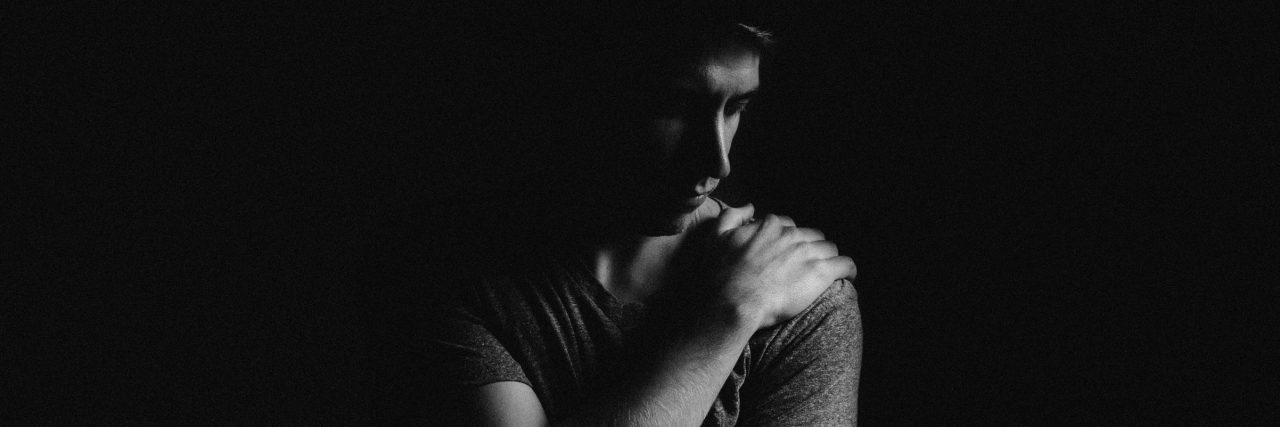We all need to keep each other honest in this world. Shame — humiliation or distress over wrongful behavior — exists for this reason. If we commit illegal acts or take advantage of people, we may be internally distressed or publicly humiliated for what we’ve done. I think we can all understand the need for this… to some extent.
I came to realize shame was heavily at work in my life and became an out-of-control, destructive force. I wasn’t doing anything illegal. I wasn’t taking advantage of people. Nobody ever shamed me for things I was doing. I was still self-shaming in a very consistent way.
From 8 to 13 years old, I had a very critical baseball coach. Some people would say it was near-abusive. We’re talking sports! It’s supposed to be fun! But baseball was important to me, and I assumed the critical voice was a tool to get better. My dad and I bonded closely over baseball, and I was pretty good at it. Unfortunately, my dad’s positive encouragement was overpowered by the critical coach who was deciding when, where, and how much I played. I was young and didn’t know any better, so that’s the voice I internalized in destructive fashion.
During these same years, I was bullied by a few of the kids I played with. I found other people to hang out with but again, I was really young. How was I supposed to know exactly what I was feeling and how to handle it? We all experience pain and discomfort; it comes in varying amounts at different points in time. Some of us inflict it on our peers more than others. I internalized the critical voices, thinking many things were my fault, and turned inward.
I succeeded in school and developed confidence. I was even given a leadership award in my final year of college. The self-critical, shaming voice only disguised itself in adulthood. It told me I couldn’t change career paths because I wasn’t capable of doing anything outside of what I was already doing. This voice humiliated me with anxiety-fueled fears of failure. I knew I was on the wrong path, so the persistent self-shaming voice attacked me for wasting time on something I shouldn’t be doing. I now understood my true being and was distressed over dishonoring it.
Anxiety was ever-present with this level of shame. It’s no surprise I struggled with depression. A critical, near verbally-abusive baseball coach from 20 years ago eventually led me to attack myself for following the wrong professional path. It might make sense how this happened. It makes zero sense to allow it to be a driving force in my brain. Only when I traced it back could I put a stop to this voice.
I came to find this self-shaming tendency is absolutely learned; it’s not our natural-born, operating energy. I heavily learned it from a coach who was present only a short time in my life. I’m saddened to think of people who learn this voice from family or longtime friends. I wonder how much more difficult it becomes to see self-shaming tendencies in our lives, in these cases. I have very loving parents and I’m so grateful for the influence they’ve had on me.
I was recently in New Orleans and saw a young man with a sign that read, “homeless, hungry, ashamed and embarrassed.” This young man has stuck with me for some time. I know the self-shame I experienced. It’s destructive. It can lead us places we do not need to go. We can put a stop to it.
We want to hear your story. Become a Mighty contributor here.
Photo by Mitchell Hollander on Unsplash

